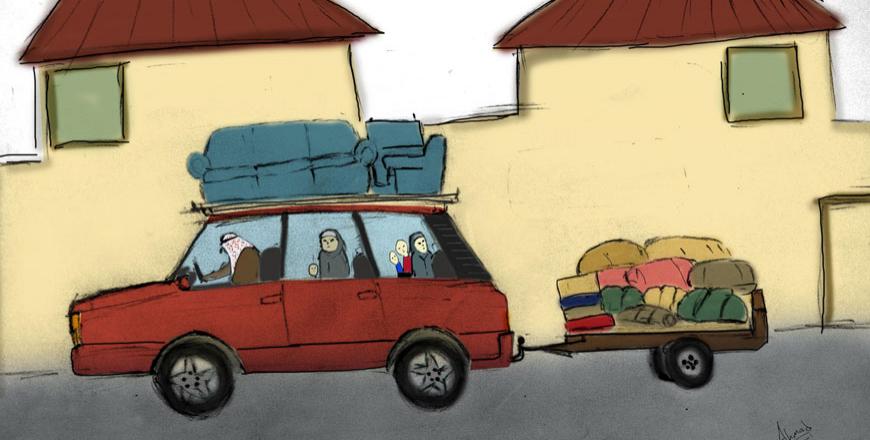You are here
Gov’t seeks religious leaders’ support as it drafts tribal law
By Raed Omari , Petra - Aug 10,2015 - Last updated at Aug 10,2015
AMMAN — The government seeks to regulate tribal traditions through a new bill recently drafted to regulate law-related tribal practices, some of which are seen “against genuine Jordanian norms and religious teachings”.
A meeting was held on Monday between Interior Minister Salameh Hammad and stakeholders, including Chief Islamic Justice Ahmad Hilayel, Minister of Awqaf and Islamic Afairs Hayel Daoud, Kingdom’s Mufti Abdul Karim Khasawneh, Director of the Public Security Department Major General Atef Saudi, governors and other concerned figures.
The minister was quoted by the Jordan News Agency, Petra, as saying that tribal judicial traditions need to be institutionalised through a law that “should receive the consensus of all concerned parties before it is referred to Parliament”.
The minister underlined “injustices and imbalances” in cases addressed by the tribal approach to justice, adding that the proposed law grants governors the power to have the final say over these issues, noting that there are 303 tribal cases that remain unsolved.
Hammad added that the bill is concerned with three types of cases: murder, “honour” and cases when tribal guarantors’ rights are violated. According to bedouin norms, tribal figures who protect certain people (including killers or assailants), pending a reconciliation between two feuding tribes, should be respected and any attack on the people under their protection is considered a grave insult to their status and social image.
For his part, the awqaf minister said that civilised communities are those that abide by the law, calling for an awareness campaign to entrench the rule of law and for intensifying penalties against violators.
The police chief said that addressing tribal cases requires an approach combining security and administrative elements, noting that there is “confusion in understanding tribal concepts”.
He urged religious institutions to play their role in educating the public and to urge all to be law-abiding citizens.
Highlighting some of the wrong perceptions inherent in tribal traditions which contradict Islam, Hilayel said that Islam does not allow people to be punished for crimes they have not committed.
Commenting on the new law, veteran MP Mahmoud Kharabsheh told The Jordan Times that “it seems the law is a personal initiative by the interior minister, who is also a tribal figure, due to the developments that society has seen, in addition to rising intra-community violence.”
Kharabsheh, who is also a jurist and a retired security general, said that historically, Jordan has had a tribal law before, but it was abolished, and there was another law governing the issue of bedouin settlement, which was also cancelled. His Majesty the late King Hussein, he added, oversaw the adoption of a “document” that regulated tribal traditions, including the so-called tribal judicial system. Both the law and the document, he said, were also restricted to the said types of cases.
“Society has progressed and we have a modern civil community now. We support law enforcement and safeguarding the safety and stability of society. Tribal traditions are supposed to help in that”.
Related Articles
AMMAN — Interior Minister Salameh Hammad on Monday said a meeting would be held soon, bringing together local experts in tribal and legal af
AMMAN — A meeting will be held soon with the participation of specialists in the tribal, legal and Sharia (Islamic law) affairs from various
AMMAN — Forced relocation is likely the fate of entire Jordanian families belonging to a tribe if a relative kills a person from another tri












